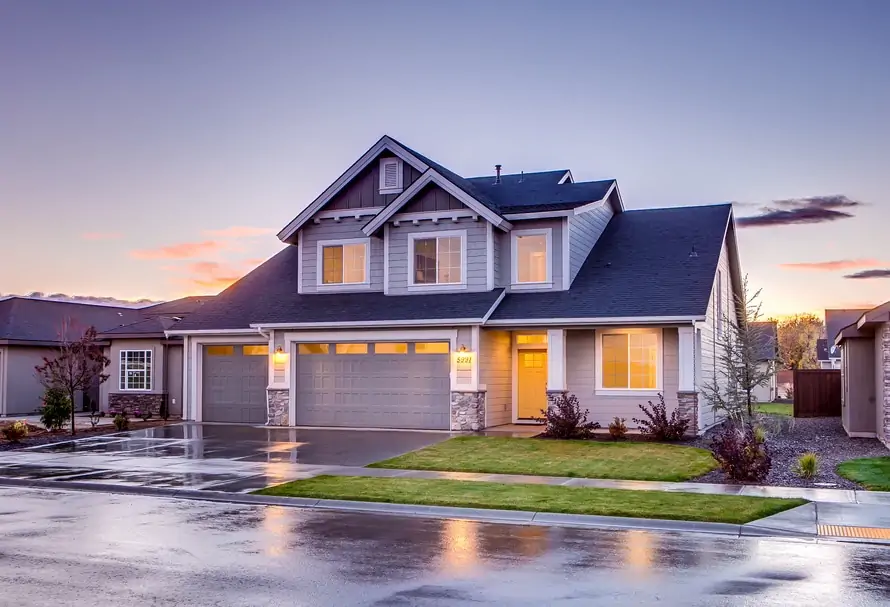In recent years, the concept of smart homes has gained significant popularity, promising increased convenience, comfort, and security for homeowners. However, one crucial aspect that often goes unnoticed is the energy efficiency of these technologically advanced dwellings. In this blog post, we will delve into the realm of smart homes and explore just how energy efficient they truly are.
- The Foundation of Energy Efficiency:
Before diving into the specifics of smart homes, it is essential to understand the fundamental principles of energy efficiency. From insulation and lighting to appliances and renewable energy sources, every aspect plays a vital role in reducing energy consumption and minimizing environmental impact. - The Integration of Smart Technologies:
Smart homes leverage cutting-edge technologies to optimize energy usage and enhance efficiency. Through the integration of Internet of Things (IoT) devices, artificial intelligence, and advanced sensors, these homes can monitor, analyze, and control energy consumption in real-time. - Intelligent Energy Management Systems:
One of the key features of smart homes is their ability to employ intelligent energy management systems. These systems use data analytics and machine learning algorithms to learn the occupants’ behavior patterns, adjust energy usage accordingly, and make informed decisions to optimize efficiency. - Energy Monitoring and Control:
Smart homes offer homeowners the ability to monitor and control their energy consumption effortlessly. With the help of smart meters, energy monitoring apps, and intuitive interfaces, users can track their energy usage, identify energy-intensive devices, and make informed decisions to reduce wastage. - Automated Energy-Saving Features:
Smart homes are equipped with automated energy-saving features that contribute to their overall efficiency. These include motion-sensing lights, smart thermostats, and programmable appliances that adjust settings based on occupancy, weather conditions, and energy demand. - Integration of Renewable Energy Sources:
To further enhance energy efficiency, smart homes often integrate renewable energy sources such as solar panels and wind turbines. These systems generate clean energy, reducing reliance on traditional power grids and minimizing carbon footprint. - Real-Life Case Studies:
To illustrate the practicality and effectiveness of smart homes’ energy efficiency, we will explore real-life case studies. These examples will showcase how homeowners have significantly reduced their energy consumption and costs through the adoption of smart technologies.
Conclusion:
Smart homes have revolutionized the way we live, offering unparalleled convenience and comfort. However, their energy efficiency is equally remarkable, making them an environmentally conscious choice. By leveraging intelligent energy management systems, monitoring and control features, and renewable energy integration, smart homes have the potential to significantly reduce energy consumption and contribute to a sustainable future.

